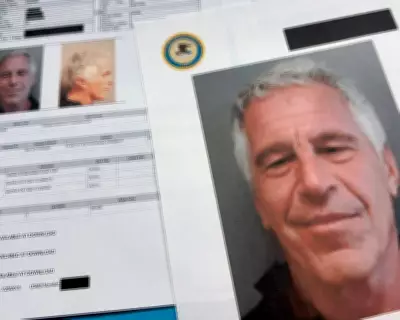
A former Trump campaign spokesman has ignited a firestorm of controversy after responding to criticism with a crude "your mom" retort during a heated social media exchange.
Steven Cheung, who previously served as rapid response director for Donald Trump's 2020 campaign, became embroiled in a public spat that has political observers questioning the boundaries of professional conduct in political communications.
The inflammatory exchange
The controversy erupted when Cheung responded to criticism about his current White House position with a message that read: "Your mom took my application and tossed it in the trash." The bizarre retort came during a tense back-and-forth on social media platform X.
Political communications experts have expressed concern about the deteriorating standards of public discourse, particularly among those who have held or currently hold positions of significant influence.
Background and context
Cheung's professional history includes serving as the rapid response director for Trump's 2020 re-election campaign, a role that placed him at the heart of political communications during one of America's most contentious election cycles.
His current position within the White House communications apparatus makes the undignified exchange particularly noteworthy, raising questions about the tone and professionalism expected from those in government roles.
Reactions and implications
The incident has sparked debate among political commentators about whether such exchanges represent a new normal in political discourse or indicate a troubling departure from traditional standards of professional conduct.
Some observers argue that the informal nature of social media has blurred the lines between personal expression and professional responsibility, while others maintain that those in public-facing government roles should uphold higher standards of communication.
The controversy comes at a time when political discourse faces increasing scrutiny, with many calling for more civil and substantive exchanges between political operatives and the public they serve.





